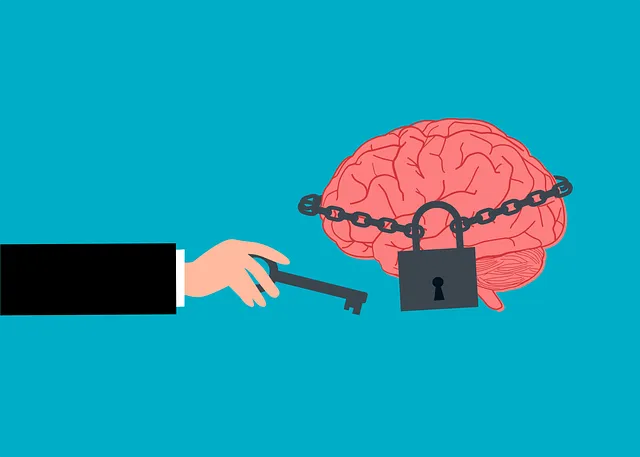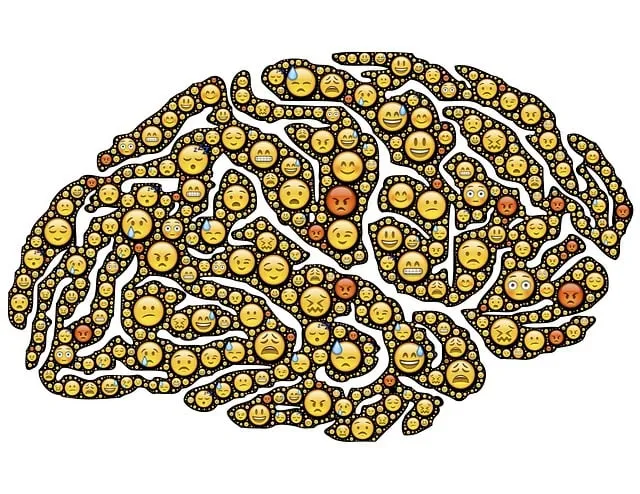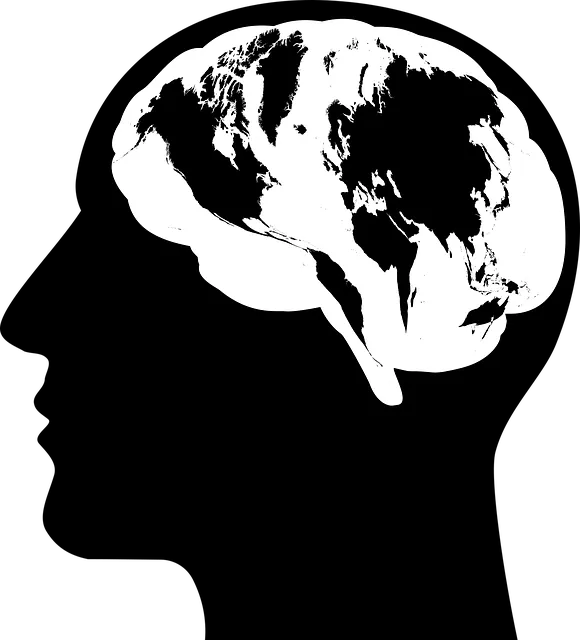In today's fast-paced world, mental wellness is a key focus, driving demand for accessible self-assessment tools like those offered by healthcare institutions like Centennial Kaiser Permanente (accessible via their psychiatry phone number). These digital solutions promote mental health awareness and empower individuals to take control of their emotional well-being. A successful assessment tool should include specific mental health areas like symptom recognition, emotional regulation, and resilience, while being culturally sensitive and incorporating social skills training. By integrating technology, remote self-assessments break barriers to care, offering early identification of issues, tailored coping strategies, and convenience for patients, as seen with Centennial Kaiser Permanente's accessible psychiatry services. Through robust design, data security, and user feedback, these tools enhance mental wellness practices, ensuring accessibility and privacy for diverse users.
Mental wellness self-assessment tools are gaining prominence, especially with the rise of remote consultations. This article explores the development of such tools, focusing on their importance in mental health management. We delve into identifying critical components, leveraging technology for remote assessments, and ensuring privacy and accessibility.
Centennial Kaiser Permanente’s psychiatry phone number highlights the growing demand for accessible mental wellness resources. By integrating technology, we can provide personalized self-assessments, fostering better patient engagement and care, much like a symphony of support.
- Understanding the Need for Mental Wellness Self-Assessment Tools
- Identifying Key Components of an Effective Assessment
- Developing and Integrating Technology for Remote Assessments
- Ensuring Privacy, Accessibility, and Continuous Improvement
Understanding the Need for Mental Wellness Self-Assessment Tools

In today’s fast-paced world, mental wellness is an increasingly important aspect of overall health and well-being. This understanding has led to a growing demand for accessible and effective self-assessment tools that can help individuals evaluate their emotional and psychological states. Tools like these play a crucial role in promoting Mental Health Awareness, enabling people to take proactive steps towards Anxiety Relief and fostering better Emotional Healing Processes.
The need for such assessments is particularly evident when considering the services offered by renowned healthcare institutions, such as Centennial Kaiser Permanente’s psychiatry phone number, which highlights the increasing recognition of mental health issues. With the rise in remote consultations and digital health solutions, self-assessment tools can bridge the gap between professional support and personal introspection, ensuring that individuals have a point of reference for their mental wellness journey.
Identifying Key Components of an Effective Assessment

When developing a mental wellness self-assessment tool, identifying key components is crucial for its effectiveness. The first step involves understanding the specific areas of mental health that the assessment aims to cover. This could include symptoms of common disorders, emotional regulation skills, and coping mechanisms. Incorporating resilience-building questions can help evaluate an individual’s ability to adapt and bounce back from challenges, a critical aspect of overall mental wellness.
Additionally, cultural sensitivity in mental healthcare practice is essential. The assessment should be designed with an inclusive approach, considering the diverse backgrounds and experiences of users. For instance, it may include questions that explore cultural beliefs about mental health, access to support systems within different communities, and any potential barriers to seeking help. Integrating social skills training elements can also enhance the tool’s utility, as it enables individuals to reflect on their interpersonal interactions and identify areas for improvement in connecting with others, which is a vital component of supportive mental healthcare.
Developing and Integrating Technology for Remote Assessments

In today’s digital age, the development of remote self-assessment tools for mental wellness is transforming psychiatric care, particularly for institutions like Centennial Kaiser Permanente. Integrating technology allows individuals to access resources and conduct assessments from the comfort of their homes, a significant advantage for those who may face barriers in attending in-person appointments. With a simple phone call to the Centennial Kaiser Permanente psychiatry department, patients can now initiate this process, ensuring accessibility and convenience.
Online platforms offering self-assessments can play a crucial role in early identification of mental health concerns. These tools, often designed by professionals like those at Kaiser Permanente, provide an initial screening for symptoms of anxiety, depression, or other common issues. Moreover, they can offer tailored coping skills development and resilience-building strategies, contributing to burnout prevention among healthcare providers as part of their comprehensive care approach.
Ensuring Privacy, Accessibility, and Continuous Improvement

At its core, developing effective mental wellness self-assessment tools requires a commitment to safeguarding user privacy, ensuring broad accessibility, and fostering continuous improvement. Organizations like Centennial Kaiser Permanente’s psychiatry department, accessible via their phone number, exemplify best practices in this regard. They prioritize data security by employing robust encryption technologies and adhering to stringent confidentiality protocols, protecting sensitive personal information from unauthorized access or misuse.
Moreover, these tools should be designed with a diverse range of users in mind, addressing potential barriers to entry such as physical limitations or digital literacy challenges. Features like user-friendly interfaces, clear instructions, and multiple accessibility options—including text-to-speech or braille functionalities—can make mental wellness assessments more inclusive. Regularly updating these tools based on user feedback, emerging research findings, and technological advancements ensures their relevance, accuracy, and effectiveness in promoting self-care practices, such as Social Skills Training, Confidence Boosting, and Stress Management.
The development of mental wellness self-assessment tools is a significant step towards empowering individuals to take charge of their mental health. By incorporating essential components and leveraging technology, as highlighted by the expertise at Centennial Kaiser Permanente’s psychiatry department (available via their phone number), these tools can provide accurate insights and support personalized care. Ensuring privacy, accessibility, and continuous improvement is paramount to fostering trust and maximizing their impact in today’s digital age.





